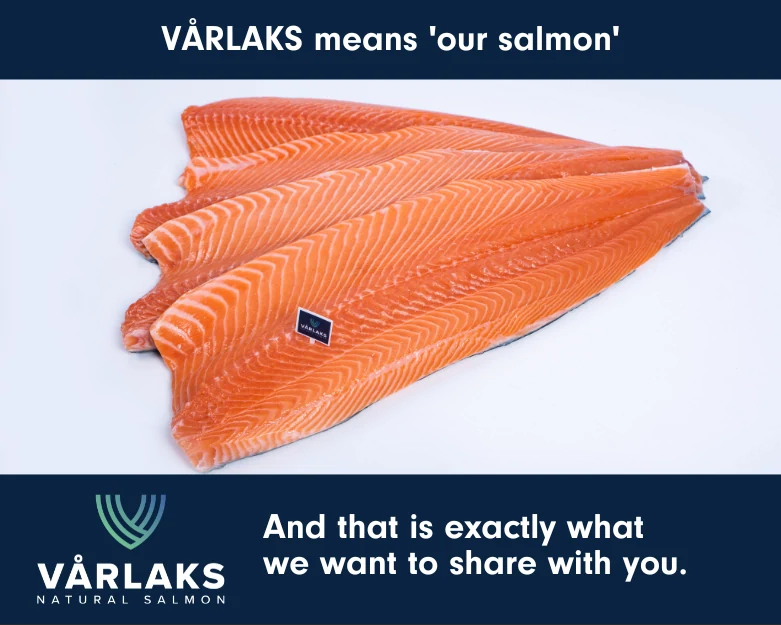Okiwi Bay feed test farm research facilty already operating “to an extent”.
The tanks are full and ready to go at Skretting’s finfish research facility in NZ, according to Stuff.NZ.
The Dutch company are using facility for research and development to improve feed efficiency in for NZ’s salmon farming industry, and reduce the use of marine raw materials in the salmon diet.

The site is much like the Tasmania’s (Australia) Experimental Aquaculture Facility or EAF Located at the University of Tasmania’s Institute for Marine and Antarctic Studies (IMAS) Taroona fisheries and aquaculture research centre. The EAF is sponsored by the University of Tasmania (UTas) and industry partners Huon Aquaculture and Skretting Australia as well as Federal and State Governments. The site focuses on commercially relevant research to improve salmon health.
The Okiwi Bay project was announced in 2016 and up to 40 mature fish are now being kept in each of the twelve 7,000L research tanks located on site with two full-time staff employed to monitor progress.
When it’s fully operational, the system will operate as a temperature-controlled recirculating aquaculture system. This will allow both winter and summer temperature conditions to be explored precisely, at any time of year. There will be 12 covered trial tanks of 7,000L capacity, which will support trials with fish up to harvest size. The tank design will mirror that of the 7,000L trial tanks at the ARC in Lerang and at the EAF, and will allow fish to grow undisturbed and with accurate measurement of feed intake.
Skretting marketing manager Leo Nankervis told the publication that while the land-based facility was still in a commissioning phase, but was already operating “to an extent” with experiments due to begin in the coming weeks.
Nankervis said the process had been worth the wait and the company was looking forward to helping the NZ salmon industry develop more efficient feeds.
Early research and development targets will include validating the use of zero fish meal diets, high energy diets in King salmon and improving knowledge of the protein requirement of that species.
“We’ve come a long way with Atlantic Salmon for example and developed some really neat concepts – we hope to transfer some that to King Salmon and learn a lot as an initial direction,” said Nankervis.











